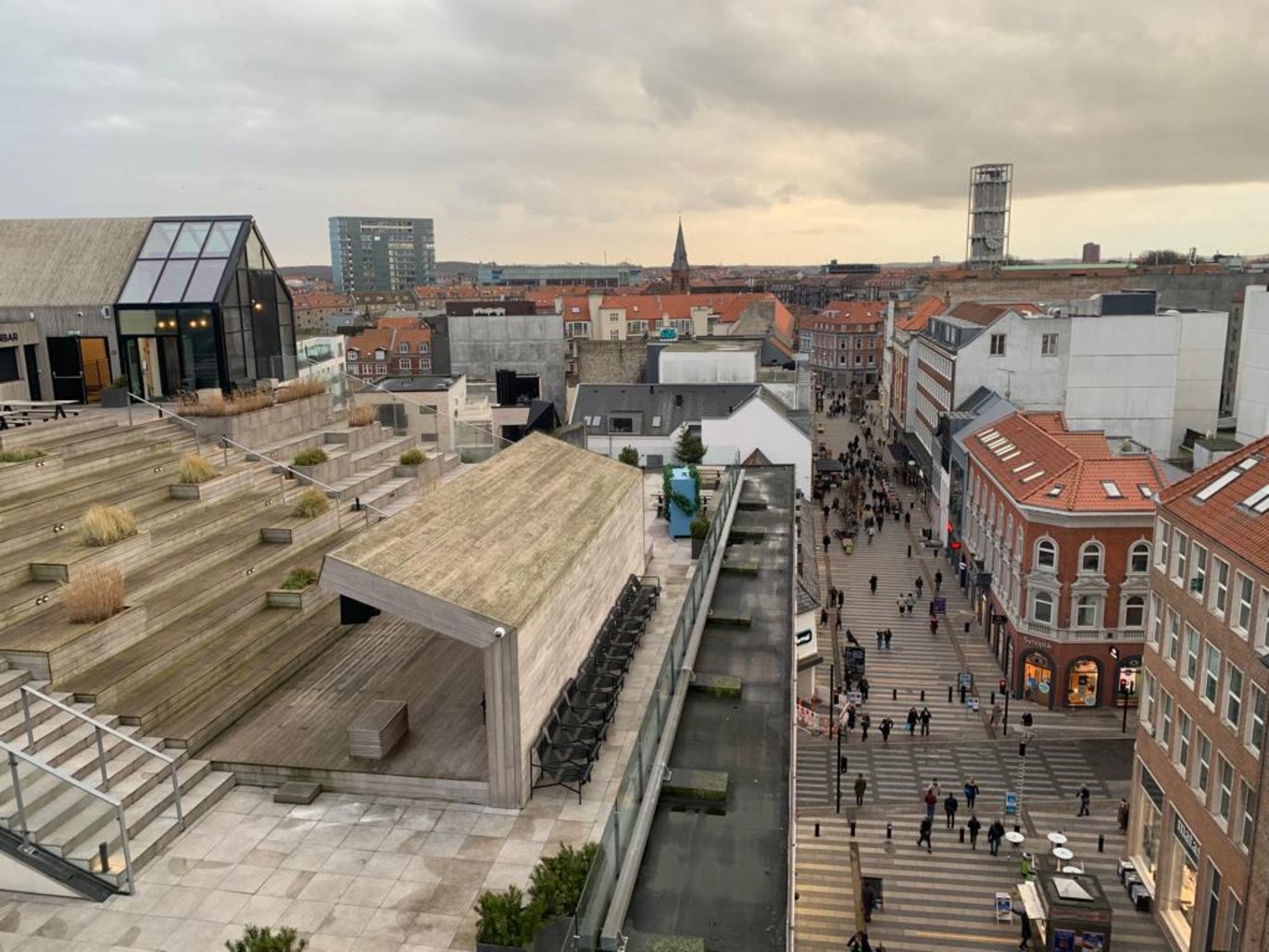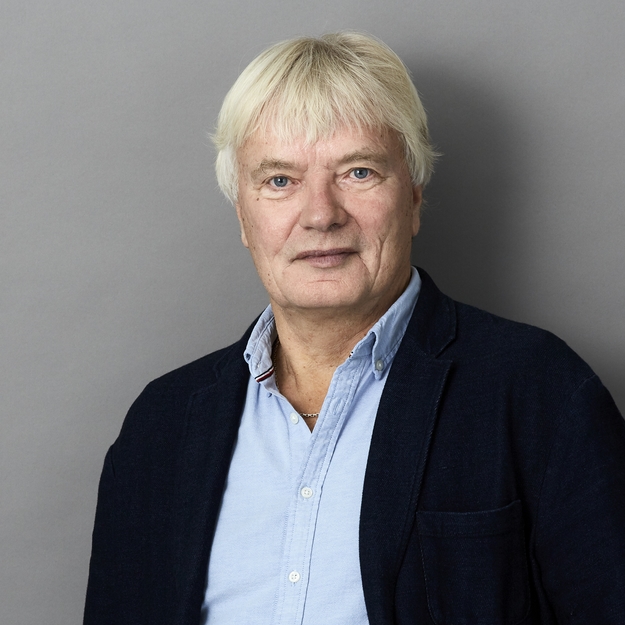'Infrapublics' workshop: Co-creating the citizen news interface for the 21st century
This Infrapublics workshop is part of the "Engaging Citizen Science Conference 2022", and will take place physically on Monday 25 April 2022 at 11:00 - 12:30 (CET) at Aarhus University, Denmark.

The field of journalism is increasingly forced to acknowledge that news consumers and citizens are paying less attention to journalistic media. Tuning out from the news and a rich source of choices in social media and online fora make some dimensions of journalism less central (and often less important) to serve its central democratic function (Peters & Witschge 2014). As one step to face this challenge we are convinced that citizen engagement is a crucial point. In this workshop, we want to bring together citizens (e.g. students or traditional news consumers), media practitioners and citizen science researchers. The aim is to reflect on the kinds of citizen engagement with journalism and other channels of public communication, involving citizens as co-creators of a new kind of (speculative) news interface based on their demands and preferences. Inspired by perceptions of citizens’ daily habits of navigating media, the workshop will be a starting point to rethink the role that journalistic media has in society and democracy, for example in negotiations over pressing social and political issues. We therefore propose to employ a citizen science framework to rethink the participation in civic communication in a complex media environment (D’Ignazio & Zuckermann 2017; Allan & Ewart 2015, Robinson & Wang 2018).
The workshop will be organised in three parts: (1) presentations with Q&A (30min); (2) co-creation exercise (30 min); and (3) discussion of results (30 min).
(1) The first part of this workshop will be structured around four short presentations and discussions engaging all participants.
Christoph Raetzsch (Aarhus University) will present the topic of the workshop, within the context of the research project “Interfaces and Infrastructures of Publics”, funded by the Aarhus University Research Foundation (AUFF).
Lars Kabel (DMJX) will talk about a specific topic of a dashboard: "Data taler om Aarhus" (Data speaks about Aarhus) is a new type of citizens news interface. The dashboard was built on frequently updated urban data and real time data streams describing everyday life in the city of Aarhus. The dashboard was developed in close cooperation between DMJX, digital experts and the legacy news media, Jyllands-Posten. It was made accessible for citizens on the online newspaper: jp.dk. The presentation will describe the challenges and the potentials of transforming data and real time data into journalism, news and this kind of urban interface.
Jessica Walter (Datalab, Aarhus University) will talk about fact-checking databases as a source for researchers and citizens, to find fact-checked information that aims to counter disinformation in digital media. After an introduction of these databases and the concept of digital misinformation, the talk will also address characteristics of these databases, for example, issues of transparency for their users.
Diogo Henriques (Aarhus University) will wrap up the presentations and lead a brief Q&A to establish the connection to the co-creation exercise in part 2.
(2) The second part of the workshop will be a co-creation activity, where participants will A) map their daily news and communication habits and B) speculate on a news interface that would satisfy their needs as citizens to be informed and engaged with society.
(3) The third part of the workshop will be a discussion with participants of the results of the exercise and an exploration of how journalistic media in the city of Aarhus could get involved in further activities. Documentation of the workshop in open access format will be pursued by the organisers.
You may find more info in the general programme.
References:
Allan, Stuart and Ewart, Jacqui (2015). “Citizen Science, Citizen Journalism: New forms of environmental reporting”, in The Routledge Handbook of Environment and Communication. London: Routledge, pp. 186-196.
D’Ignazio, Catherine; Zuckerman, Ethan. (2017). “Are We Citizen Scientists, Citizen Sensors or Something Else Entirely.” International Handbook of Media Literacy Education, 193-210. New York, NY: Routledge. https://dx.doi.org/10.4324/9781315628110-17
Peters, Chris; Witschge, Tamara (2014). “From Grand Narratives of Democracy to Small Expectations of Participation: Audiences, Citizenship, and Interactive Tools in Digital Journalism.” Journalism Practice 9(1): 19-34. https://dx.doi.org/10.1080/17512786.2014.928455.
Robinson, Sue; Wang, Yidong (2018). “Networked News Participation: Future Pathways.” Media and Communication 6(4): 91-102. https://dx.doi.org/10.17645/mac.v6i4.1674.
SPEAKERS:
Christoph Raetzsch is Associate Professor at the Department of Media and Journalism Studies of Aarhus University (Denmark) since 2019. He works in journalism studies and researches history and theory of media development and practice in journalism, public spheres and urban spaces. He is currently the Principal Investigator of the project “Interfaces and Infrastructures of Publics” (funded by AUFF). Previously, he was a postdoctoral researcher in the project OrganiCity at Aarhus University. His recent research deals with interpretations of smartness to animate civic innovation in cities, the interfaces and infrastructures of publics besides journalism, and the emergent potential of quotidian media practices to shape public discourses.

Lars Kabel is an Associate Professor at the Danish School of Media and Journalism (DMJX), Aarhus (Denmark). He regularly participates in the media policy debate and is frequently interviewed as an expert in Danish news media. In addition, he wrote or edited 16 books and major reports on journalism, media, and Digital Urban Living.
Dr Jessica Gabriele Walter is a postdoc at Datalab — Center for Digital Social Research (Denmark) with a background in sociology. Her research focuses on disinformation in digital media and social media use and contributes to several EU-funded projects that aim at fighting disinformation e.g. the European Digital Media Observatory (EDMO).
Diogo Pereira Henriques is a postdoctoral researcher in the project “Interfaces and Infrastructures of Publics”, at the Department of Media and Journalism Studies, Aarhus University (Denmark). He has international experience in various institutions for digital media, civic technologies, and urban planning (Barcelona, Bristol, Eindhoven, Lisbon, Newcastle, Hong Kong). Since 2019, he is a member of the editorial board, as social media editor, of the Nexus Network Journal, published by Birkhäuser / Springer.
